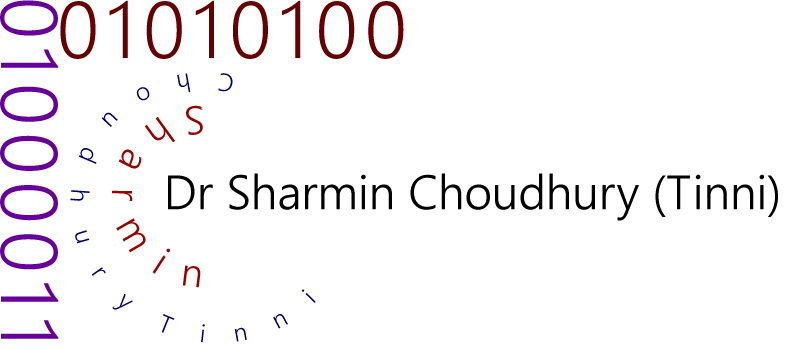Home Automation Hubs
Like I mentioned in my previous post, on Monday, I visited the Arc Incubator for the Brisbane IoT Meetup. The topic up for discussion this month was home automation hubs, and we got a comparison of Google Home Mini, Amazon Alexa and Apple's HomePod. It was an interesting compare and contrast presentation, and we had at least one attendees who asked the questions that I don't think home IoT industry has answered adequately answered. I.e. "How is this for? What are the benefits? Is it worth spending hundreds of thousands of dollars for mild convenience?" Not to mention, with the all the security and privacy stuff in the news, the question of "Are you worried your gadgets are spying on your or will be made to spy on you?" also came up.
The security and privacy questions are very complicated and, I feel, very personal and cultural. Also, what is private and what is not changes over time. I mean, not too long ago people would visit their corner store and said store would have stable enough staffing that with the regulars, the staff would be able to fill their orders as soon as they came in through the door. We lost this type of personalisation when we became one of the thousands of customers visiting the local supermarket. Now we are getting it back through loyalty programs and the likes. But we are more concerned about Woolworths knowing our preferences than we were Bob from Bob's Corner store knowing our preference. In reality, I don't think there is a big difference.
Indeed, I think we need to decouple Bokksu spamming until I give in and buy their boxes of hopefully delicious Japanese snacks from the more damaging misinformation and echo chamber effects. Of course, I could just be saying that to excuse my purchase of Bokksu!
As for my own experience with home automation hubs. I bought a Google Home Mini while they were on sale around Christmas. I bought it without thinking and purely because it was on sale. I have since bought a Philips Hue bridge and colour bulb. Also a TP-link smart plug. So my bedroom is now as automated as its going to get without needing to replace my fan and airconditioner. It's fun but mildly convenient, but I wouldn't say it's necessary for me. However, my mom whose having mobility issues due to her joint pain and my grandparents, who have severely limited mobility due to age and arthritis probably would benefit from home automation. That said, for them to get the maximum benefit, almost everything has to be automated. Plus there are more than a few items still missing from the elder care market for IoT to be truly useful.
Like a pill box that automatically sorts pills and ensures they are taken on time and regularly. Heck, my ideal pillbox would refill prescriptions automatically when pills become low and automatically schedule doctors appointments to get new prescriptions. Basically, a 24/7 home nurse! Of course, such a device would need the infrastructure in place. My mom would be able to benefit from such a device more readily than my grandparent. On account of my mom living in Brisbane while my grandparents now live in a regional town in Bangladesh. But infrastructure is always improving, especially in emerging markets. Indeed, IoT may well take off in South Asia well ahead of Europe. Just because of the cheap tech that's available in that region.

